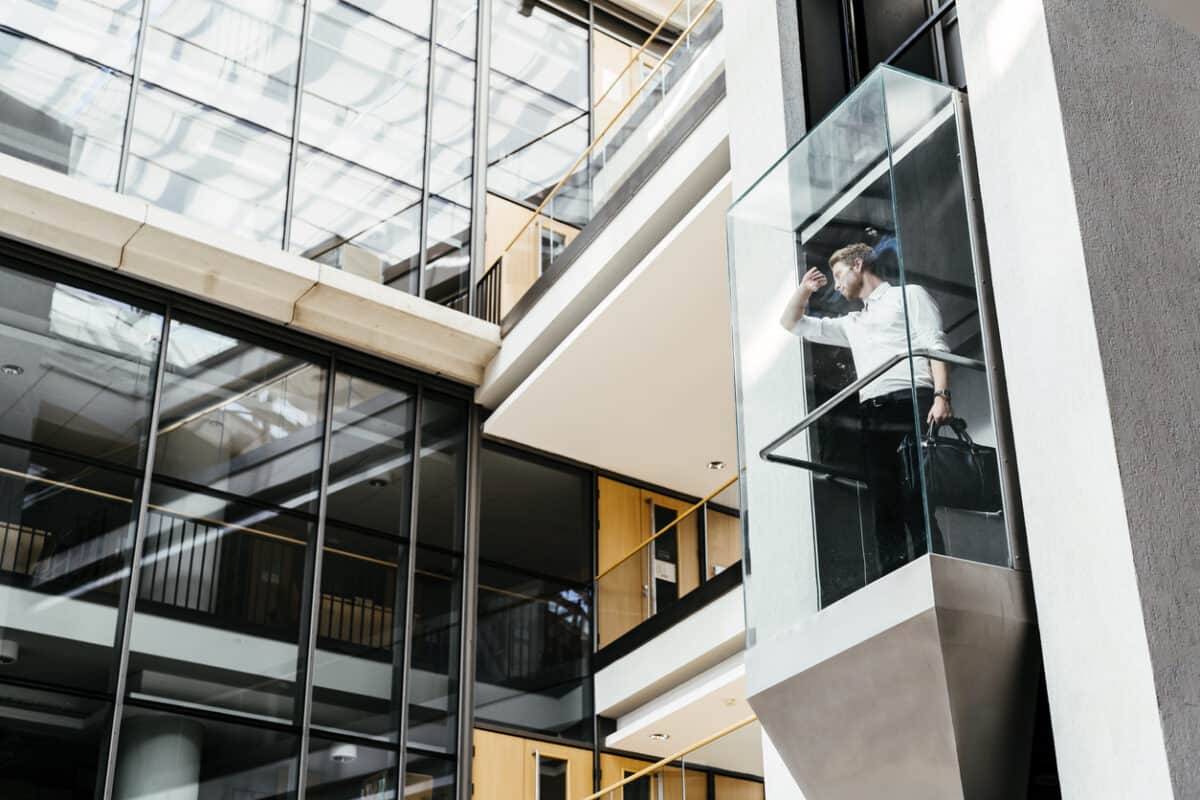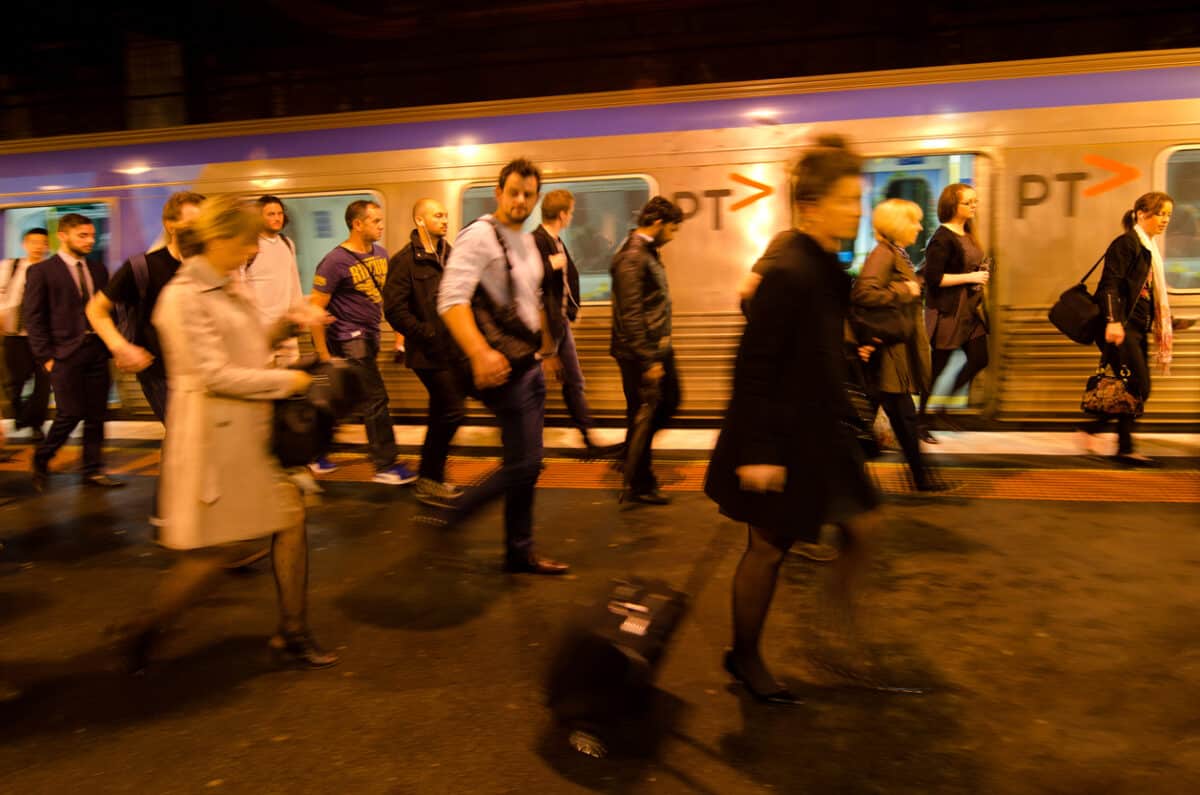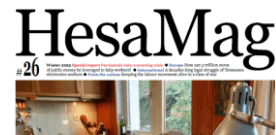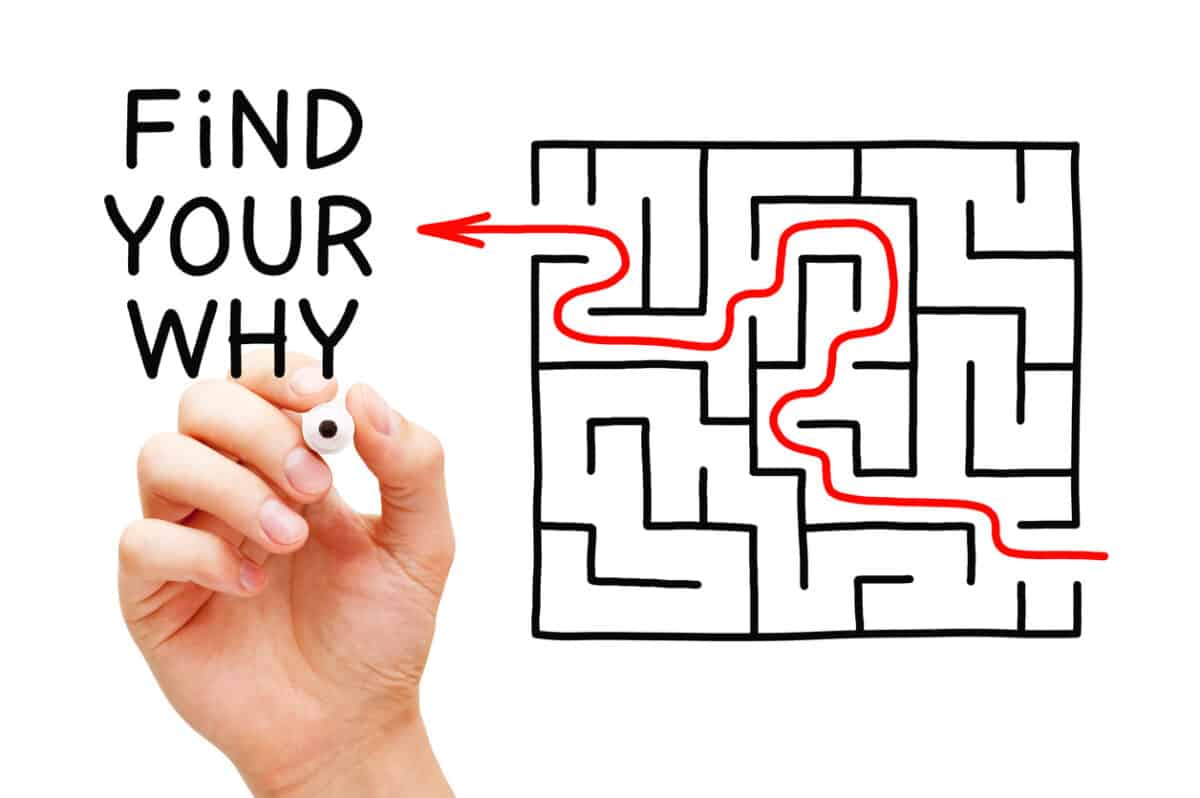The push for workers to return to offices for the majority of their working hours or full-time continues but is one step forward and two back, or vice versa. This is partly due to mixed mainstream and online media messages from conflicting and confusing sources. This is not helpful when one is trying to make a decision on the best available evidence.
A recent example was in the Australian Financial Review (AFR) on November 22, 2023 (paywalled). A commercial real estate services provider CBRE, has released quarterly figures that say workplaces in Melbourne are “only a little over half-occupied on average”. According to Tom Broderick of CBRE:






